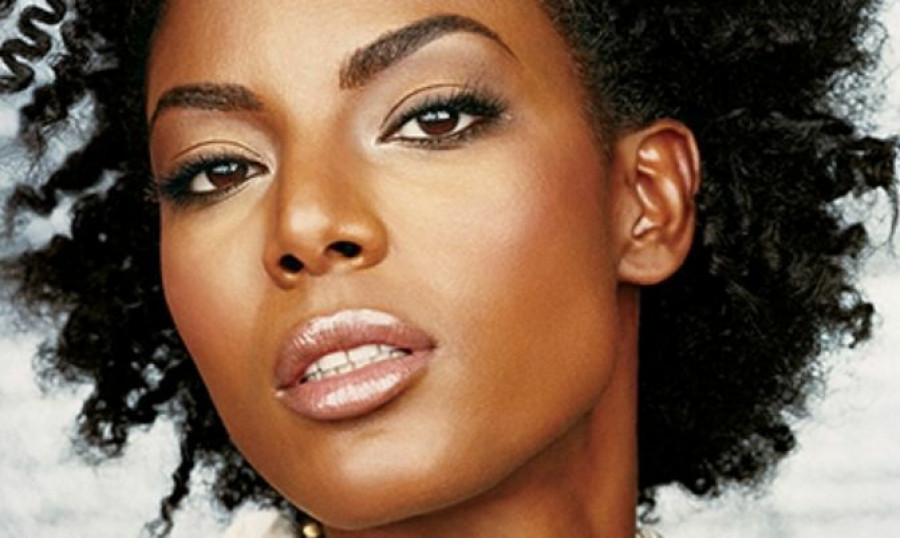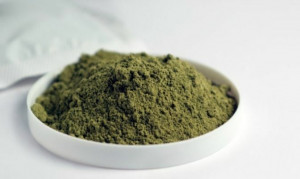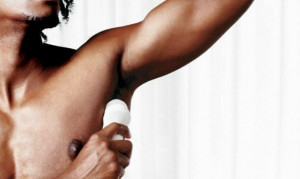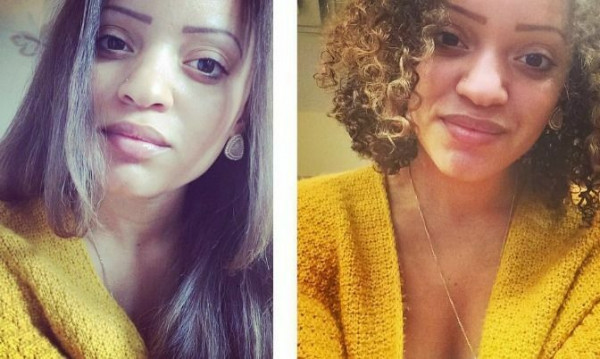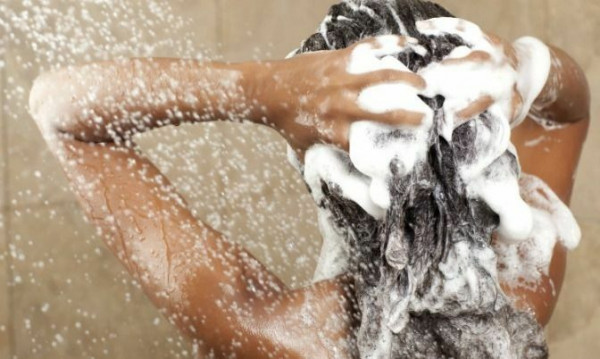If you're reading this I want you to start asking questions about safe cosmetics and to be aware of safe natural hair and skin products that give great results; if not better!
In my business I sell fair trade products; and I educate customers on the values of fairness and equality in the marketplace. Because of this, I’m becoming more cautious of what I choose to eat; as well as my choice of skin and hair care products. This is a recent shift; my only regret is not knowing this earlier.
I’ve wrestled with the probability of an all-natural make-up. I thought, is this even possible?
African tribes such as the Himba’s of northern Namibia and the Wodaabe Fulani of Niger Republic use natural red Ochre to beautify themselves, so the answer is YES!
Truth be told, today, there are many toxic chemicals in cosmetic products that have been clinically proven to cause cancer, tumors, irritation and many different skin disorders.
Many problematic ingredients, including parabens, have always been legal to use in the U.S. and Canada. Only recently, when studies have drawn correlations between their use and breast cancer, has concern been raised. Up to this time, many — possibly most — makers of natural personal care products were not aware of the hazards of these ingredients.
Helpful tips to protect you involve reading and interpreting labels. It takes a bit of work but it’s so worth it.
Personally I avoid cosmetics that contain parabens, artificial fragrances, chemical preservatives, talc, and artificial colours. Then what choice is left? There are many alternative choices that work just as well. Keep reading…
MAC Blot Powder (pressed) – Mica, Dimethicone, Silica, Kaolin, Water, Sodium Cocoyl Hydrolyzed Collagen, Methicone, Methylparaben, Propylparaben, Phenoxyethanol, Iron Oxides, Ultramarines.
In my opinion, only a scientist can understand these ingredients!
My recent dilemma was put to rest when I stumbled upon an all-natural makeup company “100% Pure” and the results are refreshingly amazing!
To start I bought their tinted moisturizer with vitamins and antioxidants, which is kind of a foundation but with lighter coverage. I wanted to try this product to see if I would react to any of the ingredients [natural or not!] Thankfully, I didn’t. To be honest, I’ve been pleasantly surprised at the results.
The tinted moisturizer evens out my skin tone nicely and offers a truly natural finish. Its ingredients are as follows:
Pigments of Peach, Apricot, Carrot, Pomegranate, Cocoa Bean, Goji Berry and Tomato, White Tea, Cucumber Juice, Aloe Juice, Acai Oil and Pomegranate Oil, Vitamin E (a-tocopherol), Vitamin C (ascorbyl palmitate), Rice Starch, Candelilla Wax, Extracts of Rosemary, Oregano, Thyme, Grapefruit Seed, Japanese Honeysuckle, Goldenseal and Cinnamon
Sounds better!
How to Check for Toxins in Your Products
In a massive undertaking, the Environmental Working Group (EWG) analyzed the health and safety reviews of 10,000 ingredients in personal care products. The EWG discovered that there is scant research available to document the safety or health risks of low-dose repeated exposures to chemical mixtures. But the absence of data should never be mistaken for proof of safety. The EWG points out that the more we study low-dose exposures, the more we understand that they can cause adverse effects ranging from the subtle and reversible, to effects that are more serious and permanent.
I use the EWG Skin deep database and safecosmetics.org frequently to decrypt safe ingredients! That link will take you to a list of companies dedicated to safe products.
Click here to view/order from 100% Pure.
“Consumers have real power they are not exercising, we need to let cosmetic companies know we’re not going to buy their products unless they make a strong unwavering commitment to safety.”
Janet Nudelman, Safe Cosmetics Campaign.
Sources:
Ephraim, Rebecca. The Ugly Side of Pretty. Safecosmetics.org. Dragon Fly Media. February 2005. Web. 15 January. 2012
Strickland, Barbara. Safe Cosmetics, Powder. Zerozits.com. Sage Advice. 10 October 2005. Web. 15 January. 2012.
“100% Pure Frequently Asked Questions.” 100percentpure.ca, n.d. Web. 15 January. 2012
Farlow, Christine H. How to Make Sure Your Cosmetics and Personal Care Products Are Safe.www.naturalingredient.org, n.d. Web. 15 January. 2012.
